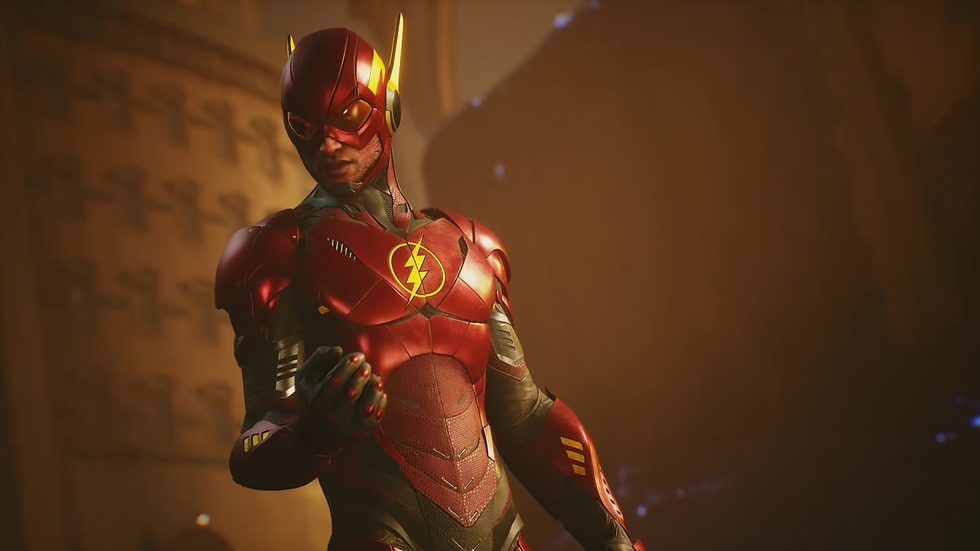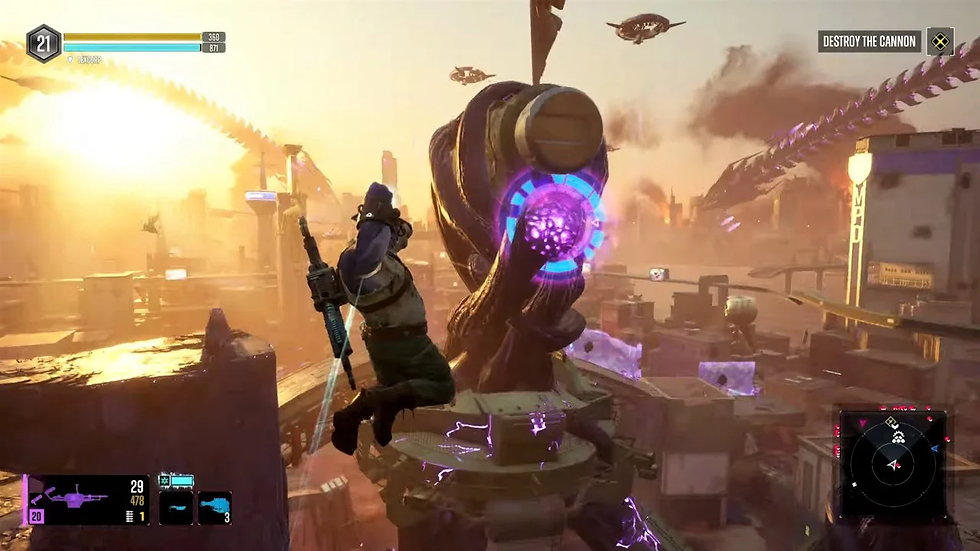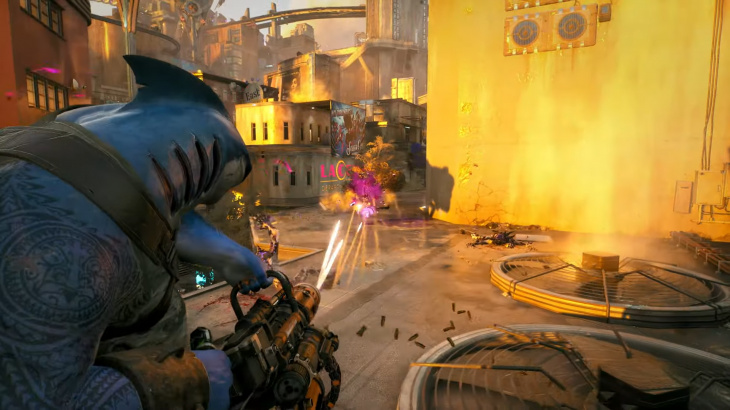Suicide Squad: Kill the Justice League – Xbox Series X Review
- Carey Hendricks

- Feb 4, 2024
- 2 min read
Amidst the storm of pre-release criticism, Suicide Squad: Kill the Justice League arrives with Rocksteady's ambitious attempt to redefine the superhero gaming landscape. Straying from the well-trodden path of the Arkham series, this title adopts a controversial Games as a Service (GAAS) model, emphasizing third-person shooting over the familiar melee combat. The result? A mixed bag that doesn't quite soar to the heights of its predecessor.
The narrative thrust places players in the chaotic world of anti-heroes - Harley Quinn, King Shark, Captain Boomerang, and Deadshot - tasked with taking down the corrupted Justice League under Brainiac's influence. The story, while entertaining in parts, struggles to maintain the level of engagement found in Rocksteady's iconic Batman tales. Humorous dialogues and deviations from established lore may irk purists, but for those seeking a popcorn cinema experience, there are moments to savor until a lackluster finale.
Technically, Suicide Squad delivers a mostly smooth performance with a targeted 60fps, albeit with occasional hiccups during intense combat. A limited graphics mode may disappoint some, but the absence of major bugs is a silver lining.
The shift to third-person shooting provides a fresh perspective, offering fast-paced, albeit somewhat chaotic, action sequences. Each anti-hero brings a unique flavor to the gameplay, but the repetitive nature of missions and uninspired boss fights dull the overall experience. Upgrades through a talent tree add some variety, but it's not enough to escape the monotony.
Metropolis, while initially breathtaking, reveals itself as a soulless open world lacking the atmospheric depth of Gotham City. Uncreative mission types, frequent escort missions, and uninspiring open-world activities contribute to the feeling of missed potential.
Co-op functionality, though seamlessly integrated, doesn't fully redeem the shortcomings. The endgame, dubbed "Final Crisis," introduces little more than a monotonous grind, with Elseworld missions providing only minor variations to the main game.
The Games as a Service approach raises questions about the game's potential without it. Would removing the online requirement and microtransactions improve the experience? Maybe. Rocksteady's glory days seem distant, and the negative reception surrounding the game leaves its future in doubt.
Suicide Squad: Kill the Justice League offers fleeting moments of fun, but its deviation from the proven Arkham formula and uninspired endgame content may leave fans longing for a return to Rocksteady's golden era. As we grapple with the aftermath of Gotham Knights, the fate of DC superhero games under Rocksteady's banner remains uncertain, leaving fans hopeful for a redemption arc.
Final Score:







.png)










Comments